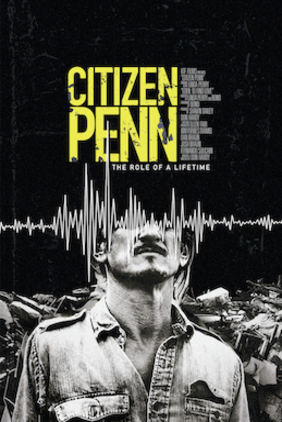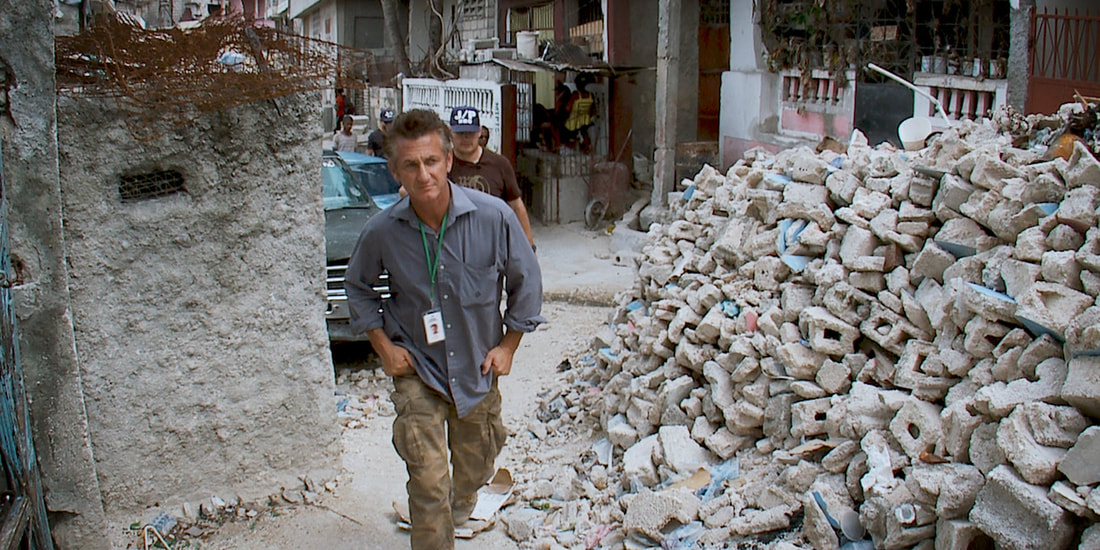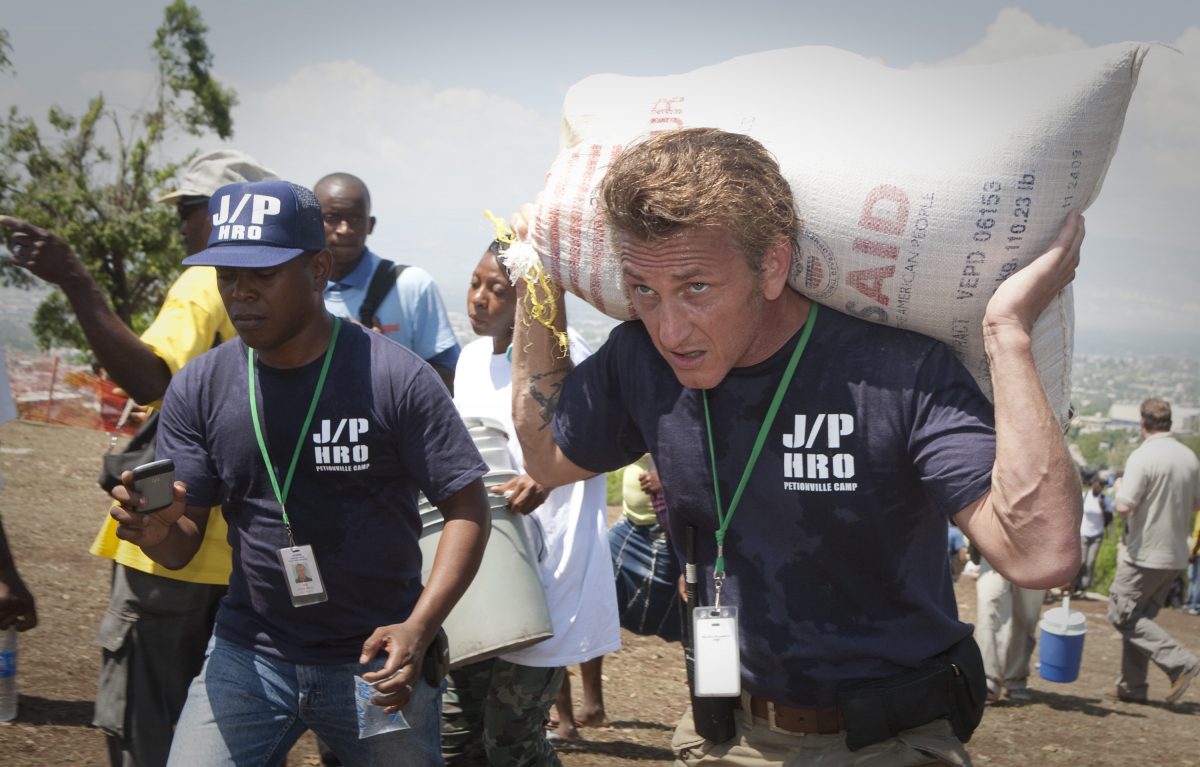“Citizen Penn” follows Sean Penn over a number of years as he sets up a charity “J/P Haiti Relief Organisation (J/P HRO)” and launches into on-the-ground relief work following the 2010 earthquake in Haiti which left thousands dead, injured or homeless. The film includes footage from the work that J/P HRO did at the time and interviews with Sean Penn, J/P HRO volunteers and stakeholders. We see how the scope of the work changed through the years and what difference they made. While it was surprising to hear about a Hollywood actor personally taking on this relief work and dedicating a lot of time, money and physical labor to the cause, both the tone and the content of the film were shocking. It’s difficult to know whether the work J/P HRO did was morally questionable or whether the documentary is so skewed that it just fails to present the charity in an accurate light. The film falls over itself to praise Sean Penn personally and he is only ever spoken of with the utmost reverence. He is shown as the greatest, most productive, most hands-on person to ever work in the field. J/P HRO is presented as the only sensible operation around. Other NGOs are suggested to be ineffective, unwilling, and inept. J/P HRO apparently managed to get things done that no other NGOs could despite the fact they were making it up as they went along, particularly in the early stages. At one point Penn admitted to stealing $30,000 worth of medicine from a local hospital warehouse. Was the warehouse being grossly mismanaged and his Robin Hood act entirely without victim? Or did this theft deny someone else medicine they greatly needed? We’ll never know. The elephant in the room is the ethics of missionary work. There are huge problems caused by white people parachuting into developing countries and taking over charity work with little knowledge or respect for local or international laws. Because of this there’s a growing backlash against white savior missionaries. Without any debate on this topic whatsoever we don’t get to see the good that they did in a balanced light. It is never once questioned whether any harm was done by the charity, either directly or indirectly so do the benefits outweigh the risks here? We don’t see any oversight or accountability for their actions, so we don’t know whether this was in place or not. The film therefore presents the idea that it’s ok to just start managing relief efforts with no experience or oversight as long as you have the clout. The perspective is skewed towards the white saviors who are centered throughout. The only local Haitian interviewed who did not have a stake in promoting the charity was a local man who had a camera turned on him in the midst of a traumatic situation in which he thought his son had escaped death.
The whole film is an enormous back patting exercise that doesn’t even bother questioning whether Sean Penn and his charity were right to have done everything they did. Perhaps the answer is yes but without the question being asked we can’t trust the source. As a result it’s one-sided, irresponsible and rather galling. Comments are closed.
|
AuthorHi, I'm Caz. I live in Edinburgh and I watch a lot of films. My reviews focus mainly on women in film - female directors or how women are represented on screen. Archives
December 2021
Categories
All
|






 RSS Feed
RSS Feed
